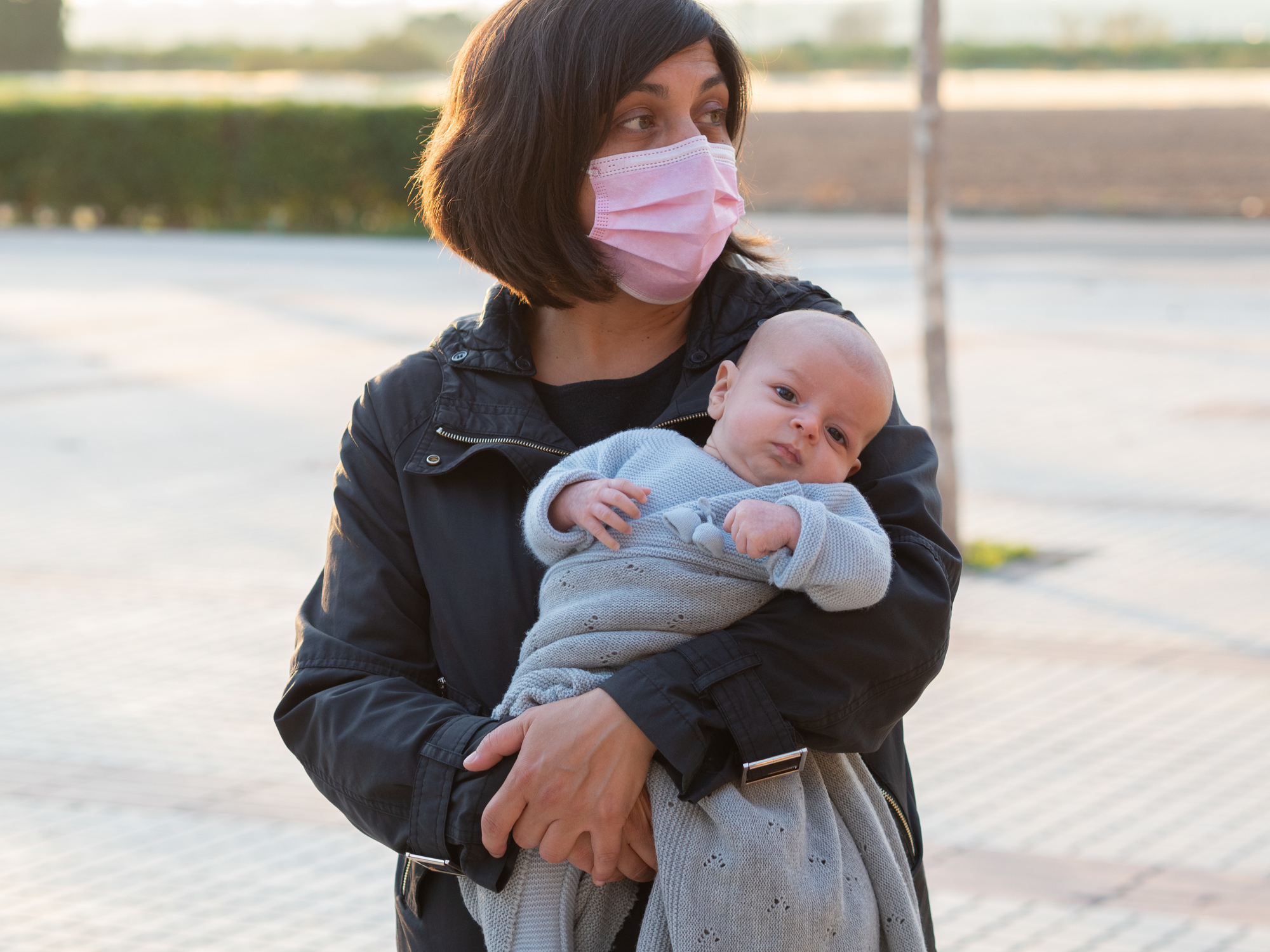Ontario’s decisions earlier this year to end temporary funding for Physician and Hospital Services for Uninsured Persons (PHSUP) and eliminate a COVID-19 paid sick leave program will worsen inequities in access to healthcare services and cause disproportionate harm to racialized and low-income communities. This is particularly concerning as COVID-19 infection rates grow this fall.
The funding for PHSUP was established by the Ministry of Health in 2020 to make it easier for persons in Ontario not covered by the Ontario Health Insurance Plan to receive medically necessary hospital and physician services. Ontario’s paid Infectious Disease Emergency Leave program provided employees without access to employer-provided paid sick days with up to $200 per day for up to three days. Those funds could be used for pandemic-related absences including isolation, vaccination, testing and caring for family members with COVID-19.
Although imperfect, both programs addressed long-standing issues and helped advance health equity for populations who face barriers to good health such as precarious or low-wage work and immigration status. It is vital to reinstate and progress on these life-saving programs rather than backtrack.
Benefits of the Physician and Hospital Services for Uninsured Persons funding
The creation of PHSUP funding was a significant step in addressing inequalities in basic access to healthcare faced by uninsured people living in Ontario who are predominantly racialized migrants, newcomers, people who are financially vulnerable or facing homelessness. An estimated 500,000 uninsured people were living in the province in 2016, and the number is growing as the country sets to welcome more migrants.

Uninsured people face significant delays in accessing care due to structural and interconnected barriers related to poverty, housing precarity, financial stress, precarious immigration status, inadequate employment protections and work-related chronic conditions. Paying out-of-pocket for health services is often not an option for those already struggling to pay for necessities such as food and housing. Uninsured people often forgo preventative treatments, wait until they are acutely unwell or accrue significant debt when faced with bills for medically necessary care.
Expanding access to physician and hospital-based services in 2020 regardless of insurance significantly reduced barriers to medically necessary care for uninsured people. A report by the Health Network for Uninsured Clients highlighted several benefits including earlier access to care before symptoms worsen and reduced financial stress. It also found that uninsured clients were more inclined to seek supports early instead of delaying or avoiding necessary treatment that would otherwise require out-of-pocket expenses. Overall, these recommendations are aligned with Wellesley Institute’s call for a new normal for health coverage that guarantees health care for everyone living in Ontario based on need, not ability to pay.
Benefits of paid sick days
The COVID-19 pandemic clearly demonstrated the importance of paid sick days. Ontario’s former COVID-19 Science Advisory Table stated that paid sick days would help reduce viral transmission in workplaces and decrease the strain on the health system by allowing workers to seek timely primary care. Having access to paid sick days ensures that workers do not have to choose between going to work sick and protecting themselves, their families and their communities.
Data from Public Health Ontario showed that COVID-19 infection, hospital and ICU admissions and deaths were and continue to be most prevalent in Ontario neighborhoods with a higher proportion of racialized and low-income residents. Those without employer-provided paid sick days are disproportionately racialized, low-income, women and newcomers. These groups are also more likely to experience gaps in workplace health and safety protections and wages and benefits which further exacerbate health inequities.
All workers in Ontario should be able to take time off work when sick to isolate and seek treatment without having to risk their health or financial security. Access to sufficient and flexible paid sick days will save lives by improving public health and health equity. This will ensure less people get sick and have economic benefits for both employers and the government by reducing health-related absenteeism and associated medical costs.
Conclusion
Evidence shows that the Government of Ontario was right to implement paid sick days and coverage of medically necessary health services for the uninsured. These steps improved health equity. They helped alleviate long-standing inequities that existed pre-COVID and which have only worsened during the pandemic.
The Government of Ontario should reinstate its recent program of paid sick days for all workers in Ontario and consult with experts and affected communities on how to expand the program to best address health and health equity. It should also heed the calls for a six-month extension to the existing funding for the uninsured services program. During this extension, the province should work with stakeholders to develop a provincial strategy that ensures uninsured people access to a full spectrum of health services.
The provincial government made the right decision to improve access to health care for the uninsured and introduce paid sick days for Ontarians without employer-provided sick days. These evidence-based interventions worked and should be scaled up and made permanent. As we wind down COVID-19 emergency measures, it is important we do not leave anyone behind, especially those who were most impacted by the pandemic, and that we do not turn our backs on our successes.
